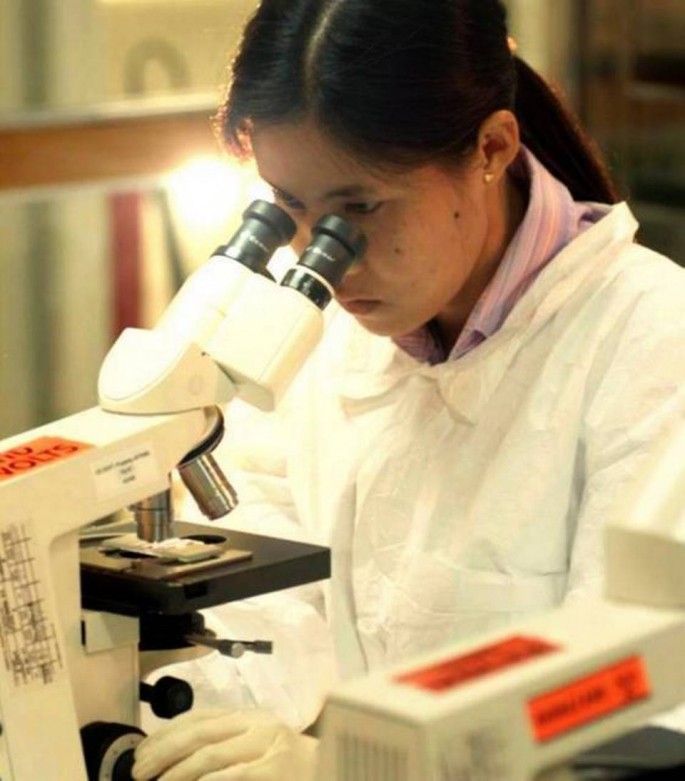A new strain of HIV has been identified in a few patients in Cuba and it has been observed as fast progressing and more aggressive than usual- progressing into AIDS just within three years after initial infection.
Researchers have revealed that its progression occurs so fast that anti-retroviral drugs treatment might come too late, UPI reported.
Generally, if without treatment, HIV infection takes 5 years to 10 years to convert into AIDS, Anne Mieke Vandamme, a medical professor at Leuvan University in Belgium.
According to the professor's study, which was published in E-Bio Medicine journal, Vandamme was instantly alerted by the Cuban health officials to this new aggressive HIV strain because they wanted to be oriented about what exactly is to happen.
"So this group of patients that progressed very fast, they were all recently infected," the Professor shared with the Voice of America. "And we know that because they had been HIV negative tested one or a maximum two years before," she added.
None of these patients received anti-retroviral treatment, and just within three years, all patients who were infected with HIV mutated strain had progressed to AIDS.
While the HIV progression to AIDS is typically fast due to the weak immune system of the patients rather than the specific HIV subtype, the Cuba infection appears to be a different story.
"Here, we had an HIV variant that we've found only in a fast progressing group. We have set our focus on this strain and tried to look for that link that made it different from all others. We were able to conclude that it was a recombinant of HIV subtype A, HIV subtype D, and HIV subtype G," Vandamme concluded.
The Professor further explained that it is vital for people who are into unprotected sex with multiple partners to submit themselves for testing before it is too late.



























